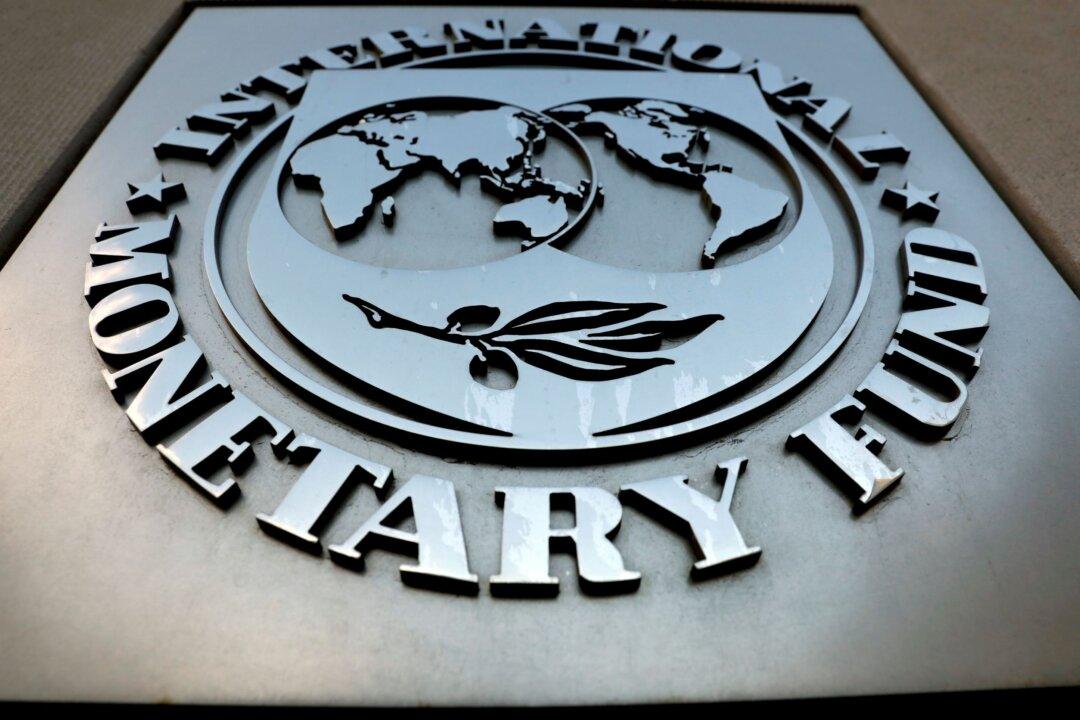Home prices in Europe, which are overvalued in many places, might see major price corrections as the region confronts elevated inflation and tight financial conditions, the International Monetary Fund (IMF) warned in a recent report.
Europe is facing multiple economic challenges, with inflation remaining high and financial sector risks materializing. At the same time, real estate markets are showing “growing signs of overvaluation” across the region, according to the April 28 report. In countries such as Hungary, Luxembourg, the Netherlands, Portugal, Iceland, and the Czech Republic, real house prices have doubled since 2015.





